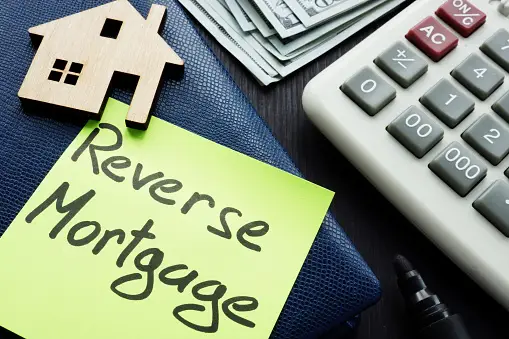A
reverse mortgage can be a compelling option for homeowners aged 62 and older looking to tap into their home’s equity without the obligation of monthly mortgage payments. However, when you’re married, the decision and process of obtaining a reverse mortgage involve additional considerations to ensure both spouses are protected and benefit from the agreement. This comprehensive guide explores the nuances, requirements, and implications of securing a reverse mortgage as a married couple.
Understanding Reverse Mortgages
Firstly, it’s essential to grasp what a reverse mortgage is. A reverse mortgage is a loan that allows homeowners to convert part of the equity in their home into cash. The unique feature of this loan is that it does not require homeowners to make monthly mortgage payments. Instead, the loan balance becomes due when the borrower dies, sells the home, or fails to meet the loan obligations, such as paying property taxes or insurance.
Eligibility Requirements
To qualify for a reverse mortgage, the youngest homeowner must be at least 62 years old. You must also own the home outright or have a considerable amount of equity in it. The home must be your primary residence, meaning you live there for the majority of the year. There are also financial eligibility criteria that involve income, assets, monthly living expenses, and credit history.
Considerations for Married Couples
When you’re married, both spouses must meet the age requirement for a reverse mortgage. If both spouses are at least 62 years old, they can both be listed as borrowers on the reverse mortgage, offering them equal rights and protections under the loan. This setup is crucial because it ensures that the loan does not become due until both spouses have passed away, sold the home, or otherwise violated the loan terms.
What If One Spouse Is Under 62?
In cases where one spouse is under 62, it’s still possible to get a reverse mortgage. However, the younger spouse will be classified as a non-borrowing spouse (NBS). The introduction of non-borrowing spouses’ protections in recent years has somewhat alleviated the risks associated with this scenario. These protections allow the non-borrowing spouse to remain in the home under certain conditions if the borrowing spouse dies first. Nonetheless, the non-borrowing spouse’s protections have specific requirements and limitations, making it vital to understand these fully before proceeding.
The Importance of Counseling
Before obtaining a reverse mortgage, counseling with an independent, HUD-approved counselor is required. This step is crucial for married couples as it provides both partners with a thorough understanding of how a reverse mortgage works, its implications on heirs, and the specific considerations and protections for non-borrowing spouses. Counseling also offers a platform to ask questions and explore alternative options.
Financial Implications
The amount of money you can borrow with a reverse mortgage depends on several factors, including the youngest borrower’s age (or non-borrowing spouse’s age, if applicable), the home’s value, and current interest rates. Typically, the older you are, the more you can borrow.
It’s also important to understand the fees and interest associated with a reverse mortgage. These loans often come with higher upfront costs, including origination fees, mortgage insurance premiums, and appraisal fees. Over time, the loan balance grows as interest and fees accumulate.
Protecting Both Spouses
Ensuring that both spouses are protected and understand their rights and obligations is paramount. This includes making sure both are involved in the counseling process, considering how the age difference might affect the loan’s terms and the non-borrowing spouse’s protections, and planning for scenarios such as one spouse needing to move to a care facility.
Conclusion
Can a married couple get a reverse mortgage? Absolutely, but it requires careful consideration and planning. Both spouses need to be fully informed about how these loans work, the protections in place for non-borrowing spouses, and the long-term financial implications. Reverse mortgages can offer financial flexibility and security in retirement, but they’re not without their complexities. As such, seeking advice from a financial advisor, in addition to the mandatory counseling session, is highly recommended to ensure that a reverse mortgage is the right decision for your situation.
“Also, read our article on
How to Transfer Ownership of a House with a Mortgage for comprehensive guidance. Discover the steps involved in transferring ownership while managing existing mortgage obligations. Gain insights into legal considerations, lender requirements, and essential steps for a smooth transfer process. Explore this crucial topic today!”
click
here to visit website



